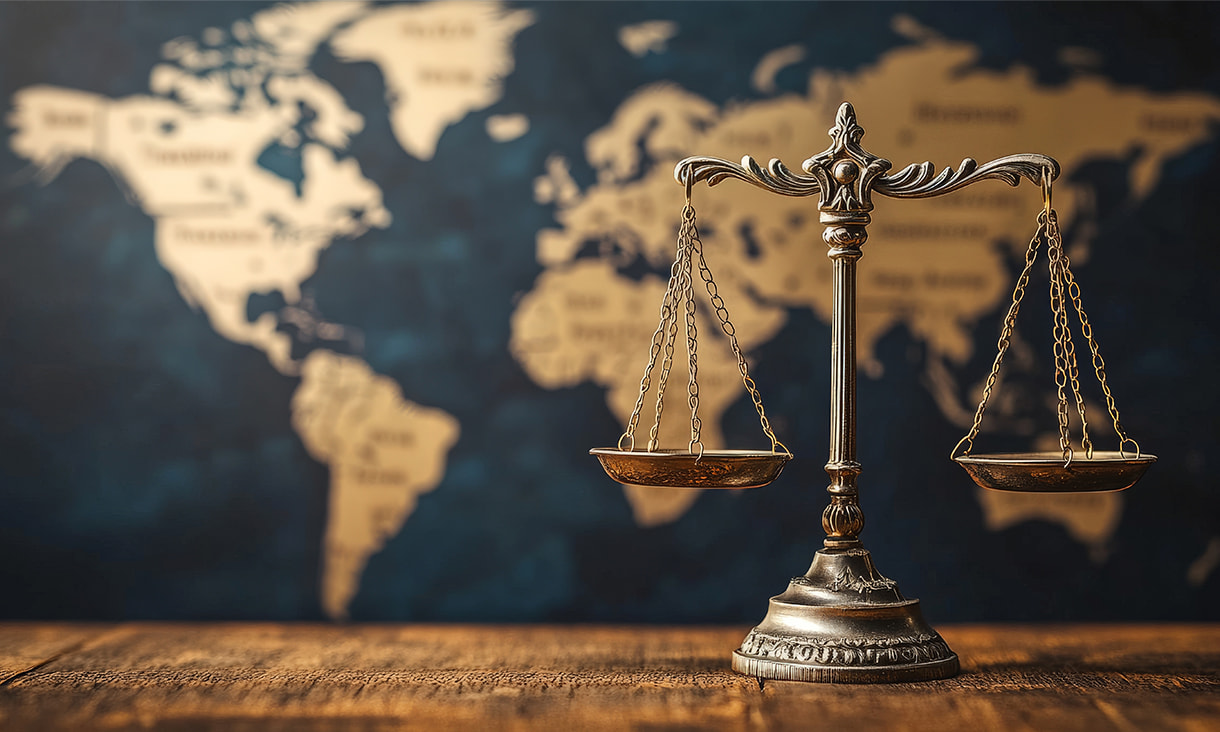As per Principle 25, one of the alternative modes of obtaining remedies is through operational-level grievance mechanisms.
Operational-level grievance mechanisms (OGMs) are a “formalized means through which individuals or groups” can raise human rights concerns without going to state-based authorities like courts or tribunals for remedies.1 OGMs form part of the “wider system of remedies”2 and are complementary to judicial mechanisms.
Operational-level Grievance Mechamisms perform two key functions
OGMs “support the identification of adverse human rights impacts” as a part of an enterprise’s ongoing human rights due diligence, as these mechanisms allow grievances to be identified, addressed, and remediated “early and directly” by the company, thus “preventing harms from compounding and grievances from escalating.”3
The intention behind including non-judicial grievance mechanisms like OGMs was that victims could obtain remedies swiftly rather than going through a lengthy judicial process. The barriers faced by victims in obtaining remedies through judicial mechanisms are well documented and vary depending on the factual matrix of the case, along with the jurisdiction of the dispute.4
The barriers to accessing judicial mechanisms might encourage the shift towards the use of non-judicial mechanisms, especially OGMs, to address human rights claims.
The limitations of non-judicial mechanisms
Using OGMs and their limitations have been well documented in the extractive industry. In Porgera, Papua New Guinea, local indigenous women accused Barrick Gold, a Canada-based gold mining corporation, of forcing them to sign legal waivers settling cases of sexual assault by their mine security in exchange for receiving monetary compensation through an OGM in 2012.5
The Porgera case highlighted the limitation of using flexible grievance mechanisms which are administered and designed by corporations. By using legal waivers, Barrick effectively blocked access to courts, limiting the possibility of legal waivers.
According to Amnesty International, a legal waiver is a document that a “business gets a person to sign to remove legal liability from the business for an adverse human rights impact.”6 This prevents the case from being heard in a court of law.
The use of legal waivers was again exposed in Tanzania, where rape victims were forced to sign legal waivers in exchange for a modest compensation amount by African Barrick Gold.7
Using legal waivers for corporate control
Using OGMs to address human rights claims has limitations and the use of tools like legal waivers by companies in OGMs is one such limitation. Legal waivers show the extent of corporate control over the conception of remedies in non-judicial grievance mechanisms.
Companies use legal waivers in settlement agreements to limit legal liability in human rights claims. This allows companies to settle cases of human rights abuses without answering tougher questions, such as a need to create structural changes.
Tools like legal waivers may compound barriers to accessing judicial remedies and highlight the limitations of company administered grievance mechanisms to provide remedies that are victim-centric. Providing remedies through non-judicial mechanisms is only useful if the remedies offered are victim-centric.
Effective remedies are defined as remedies that are victim-centric.8 The remedies which are provided through non-judicial remedies are determined by corporations. Therefore, acceptance of legal waivers forces victims to accept corporate determined remedies which might not have their best interests in mind.
The emphasis on newer alternative non-judicial models such as OGMs has its limitations. Legal waivers highlight these limitations as they enable OGMs to create a space where companies can control the direction of the remedial process.
The consequence of the shift towards non-judicial mechanisms like OGMs is that it leads to an expansion of corporate control over remedies and a shrinking space for effective victim-oriented remedies.
References
1. The Corporate Responsibility to Respect Human Rights: An Interpretive Guide (United Nations, 2012) 68.
2. See, Commentary to Principle 25: ‘State-based judicial and non-judicial grievance mechanisms should form the foundation of a wider system of remedy.’ John Ruggie, Guiding Principles on Business and Human Rights: Implementing the United Nations ‘Protect, Respect and Remedy’ Framework. (No UN Doc. A/HRC/17/31, Human Rights Council, 21 March 2011).
3. Commentary, Principle 29 : Ibid 33.
4. Gwynne Skinner, Robert McCorquodale and Olivier De Schutter, The Third Pillar: Access to Judicial Remedies for Human Rights Violations by Transnational Business (2013); Gwynne L Skinner, Transnational Corporations and Human Rights: Overcoming Barriers to Judicial Remedy (Cambridge University Press, 2020).
5. Sarah Knuckey and Tyler Giannini, Righting Wrongs? Barrick Gold’s Remedy Mechanism for Sexual Violence in Papua New Guinea: Key Concerns And Lessons Learned (Columbia Law School Human Rights Clinic & Harvard Law School International Human Rights Clinic, November 2015) <http://hrp.law.harvard.edu/wp-content/uploads/2015/11/FINALBARRICK.pdf>.
6. Amnesty International, Biashara Na Haki: Impacts of Businesses on Human Rights (Report) 174. <https://www.amnesty.nl/content/uploads/2016/12/AMN_18_24_HANDBOEK_FINAL_web-004.pdf?x65409>.
7. Jonathan Watts, ‘Murder, Rape and Claims of Contamination at a Tanzanian Goldmine’, The Guardian (online, 18 June 2019) <https://www.theguardian.com/environment/2019/jun/18/murder-rape-claims-of-contamination-tanzanian-goldmine>.
8. John Ruggie, Report of the Working Group on the Issue of Human Rights and Transnational Corporations and Other Business Enterprises (No A/72/162, United Nations General Assembly, 18 July 2017) 8. <http://opil.ouplaw.com/view/10.1093/law-oxio/e285.013.1/law-oxio-e285>.
Writer: Justin Jos
The Business and Human Rights Blog Competition 2021
The RMIT Business and Human Rights Centre (BHRIGHT) conducts an annual “Business and Human Rights Blog Competition” – open to all university students around Australia. This article was one of the three winning entries for the 2021 edition.
The objective of the competition is to encourage thoughtful writing by the ‘next generation’ on issues related to the business community’s responsibilities to respect human rights. Increasingly, companies recognise that profit-making cannot be their sole focus and that their business must be conducted in a responsible and sustainable fashion. Embedding respect for human rights into their business practices is a key element of what constitutes a socially-responsible and sustainable business.
The three winning entries from the 2021 competition illustrate the diversity of contemporary issues within ‘Business and Human Rights’, and the unique perspectives of three young voices in that field.
On behalf of all members of the RMIT Business and Human Rights Centre we thank all those university students across Australia who submitted entries. To John Ishak, Justin Jos and Gabriella Belfrage-Maher – our three winning authors: congratulations!







